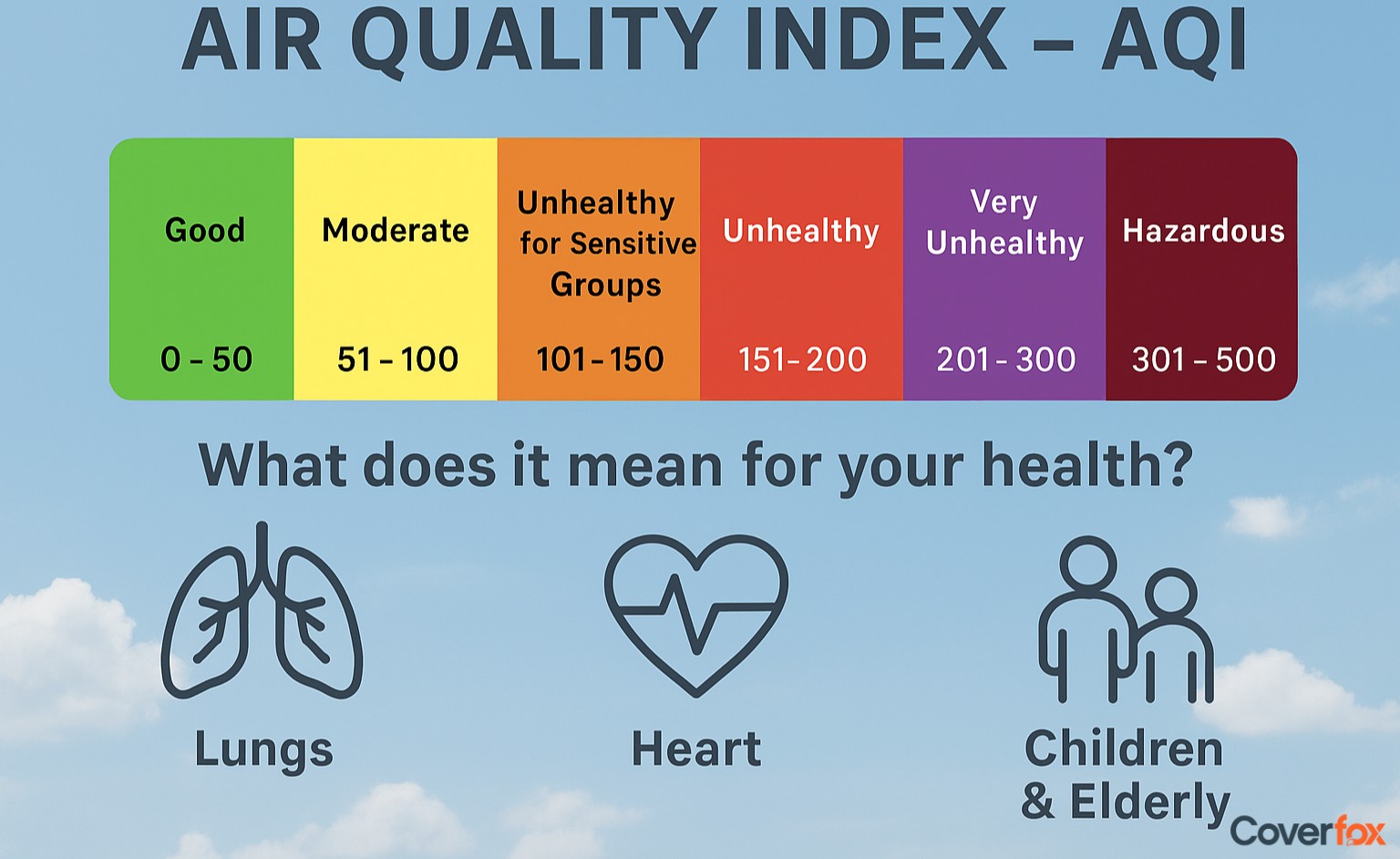Thyroid disorders affect millions of people across the globe. Whether facing either of the conditions like hypothyroidism or hyperthyroidism, having thyroid disorder impacts the overall well-being of an individual.

In India, there is a rise in thyroid disorder cases therefore it is important to understand the significance, prevalence, treatment, and management of this condition taken by the health insurance companies. Many of the health concerns arise due to negligence towards the diagnosis and treatment of thyroid issues. In this article, let us understand all about thyroid disorders and the role of health insurance.
What is a thyroid disorder?
The thyroid gland is a small butterfly-shaped gland located in the neck. This gland is instrumental in producing thyroid hormone that is responsible for smooth regulated functioning of the body including temperature of the body, weight management, muscle health, and psychological state. The main job of the thyroid gland is to convert iodine into two thyroid hormones namely thyroxine and triiodothyronine to help regulate the body’s metabolism. Thyroid disorders arise when the thyroid gland produces too much or too little thyroid hormone. This imbalance can lead to various health issues, including weight fluctuations, fatigue, mood swings, and even serious complications if left untreated.
Symptoms of Thyroid Disorder
Following are the early signs of a thyroid disorder:
Fatigue: Persistent tiredness and low energy levels, often despite adequate rest, may indicate an underlying thyroid disorder.
Weight Fluctuation: Unexplained changes in body weight, either weight gain or loss, can be a symptom of thyroid dysfunction affecting metabolism.
Psychological Fluctuation: Mood swings, anxiety, depression, or irritability may occur due to hormonal imbalances associated with thyroid disorders.
Unaffected Cholesterol Levels: Some individuals with thyroid disorders may experience abnormal cholesterol levels despite being physically active.
Family History: A person having a family history of thyroid disorder is susceptible to contracting the dysfunction of the gland.
Gynaecological Issues: Irregular menstrual cycles, fertility problems, or other gynaecological issues may be linked to thyroid dysfunction.
Metabolism Issues: Changes in metabolism, including difficulty losing or gaining weight and fluctuations in energy levels, can be indicative of thyroid problems.
Change in The Neck Size: Swelling or enlargement of the thyroid gland, known as goitre, may cause visible changes in the neck size and shape.
Body Pain: Muscle aches, joint pain, or general discomfort may occur in individuals with thyroid disorders, affecting their overall well-being.
How is Thyroid Problem Diagnosed?
If you are facing any of the above-mentioned symptoms or if your physician has asked you to keep a tab on your health by doing precautionary tests then it is important to undergo health screening. Therefore for a perfect diagnosis of the thyroid hormone, a diagnostic test is required. A detailed blood report is conducted after drawing blood from an individual and the TSH levels are determined to understand whether or not you are facing a thyroid disorder.
Impact of Thyroid Disorder
Thyroid disorder has a huge and long-lasting impact on an individual's life. The thyroid disorder arises when an individual’s pituitary gland is producing the thyroid hormone in an imbalanced manner. When the blood has higher levels of TSH then the production of thyroid hormone is on the lower side. While, if the TSH levels in the blood are lower than the production of thyroid hormone is higher. So, if the blood has high TSH levels then he/she is facing Hypothyroidism while if the TSH levels are low then he/she is facing hyperthyroidism.
Symptoms of Thyroid Disorder
In hyperthyroidism, an individual might experience symptoms like irregular heartbeat, rapid heartbeat, increased appetite, heat sensitivity, experience nervousness, anxiety issues, or increased irritation. On the other hand, in hypothyroidism, an individual might experience symptoms like a rapid increase in weight, hair fall, slow heart rate, irregular and painful menstrual cycle, and dry skin. Individuals can face some or many symptoms mentioned above therefore be vigilant towards bodily changes.
The thyroid plays an important role in pregnancy. So if you are planning to start a family or are already expecting a baby then it is important to get tested for thyroid function as this hormone has long-term effects on the unborn child.
Health Insurance Companies and Thyroid Disorder
Thyroid is one of the most common endocrine diseases faced by millions of people around the globe. Seeing the rising cases of thyroid disorders, fortunately, the health insurance companies in India recognized its importance and included it under a health insurance policy. Now, as it is a part of health insurance policy all the expenses related to treating these disorders are covered by the insurance company.
If an individual has a history of thyroid then he/she should carefully review the terms and conditions of the insurance plan. Additionally, take note that the coverage of thyroid disorders depends on factors like the health insurance plan, insurance coverage opted, inclusions, exclusions, and deductibles. Additionally, ensure the terms and conditions of the waiting period which is an important clause of health insurance policies. Having a pre-existing thyroid disorder might probably impact the waiting period.
Thus, while selecting a health insurance plan for thyroid disorder it is best to be informed about the terms and conditions of the policy. Additionally, compare different insurance policy options or consult with an expert to make informed decisions. So, in conclusion, the thyroid covered under a health insurance plan is an essential healthcare protection. Understanding the scope of coverage offered under the health insurance plan will help individuals mitigate the financial burden associated with the treatment and management of thyroid disorders.





